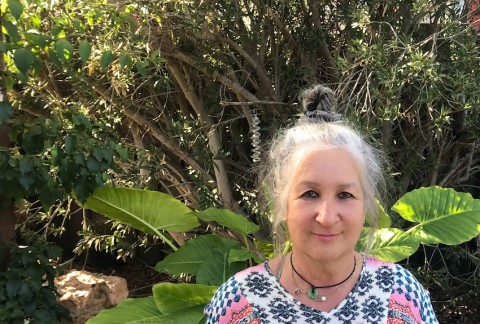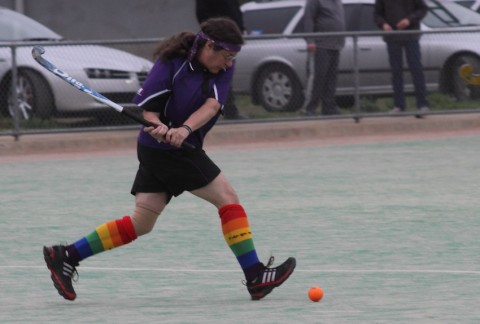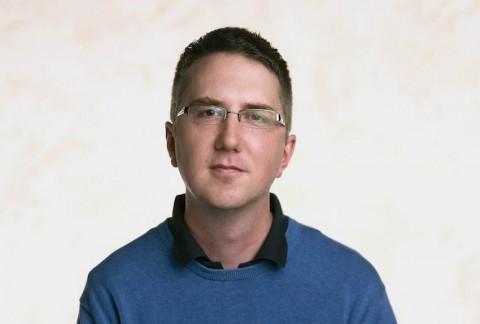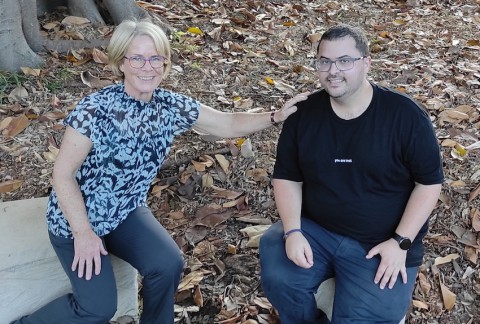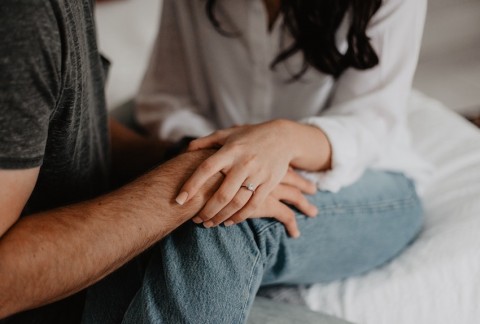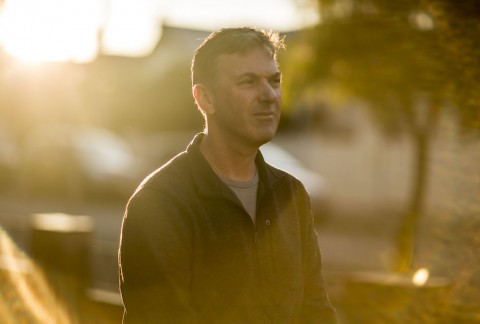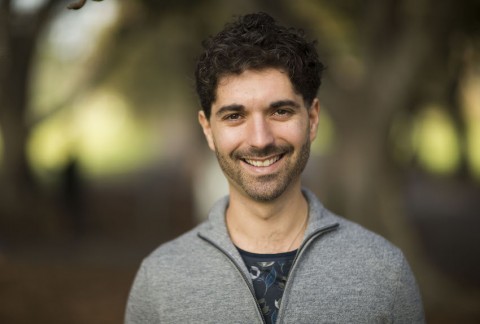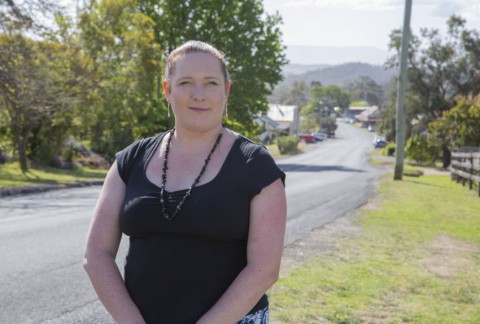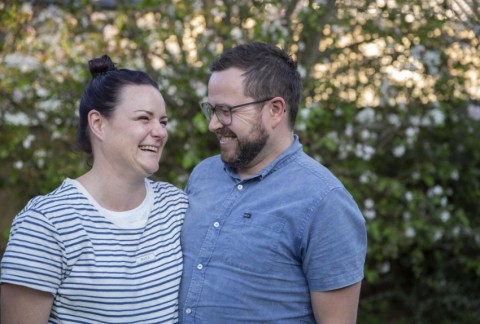I eloped with my partner in November 1985, wearing huge ‘leg of mutton’ puff sleeves and listening to Starship’s ‘We built this city’. I worked in marketing and he was a registered nurse. He was funny, quirky, different and we were in love. We did what everyone was doing; buying a house, partying, dinners, birthdays, Christmas and in a blink, ten years had passed.
In 1998 our son was born, and everything seemed perfect. Seemed.
